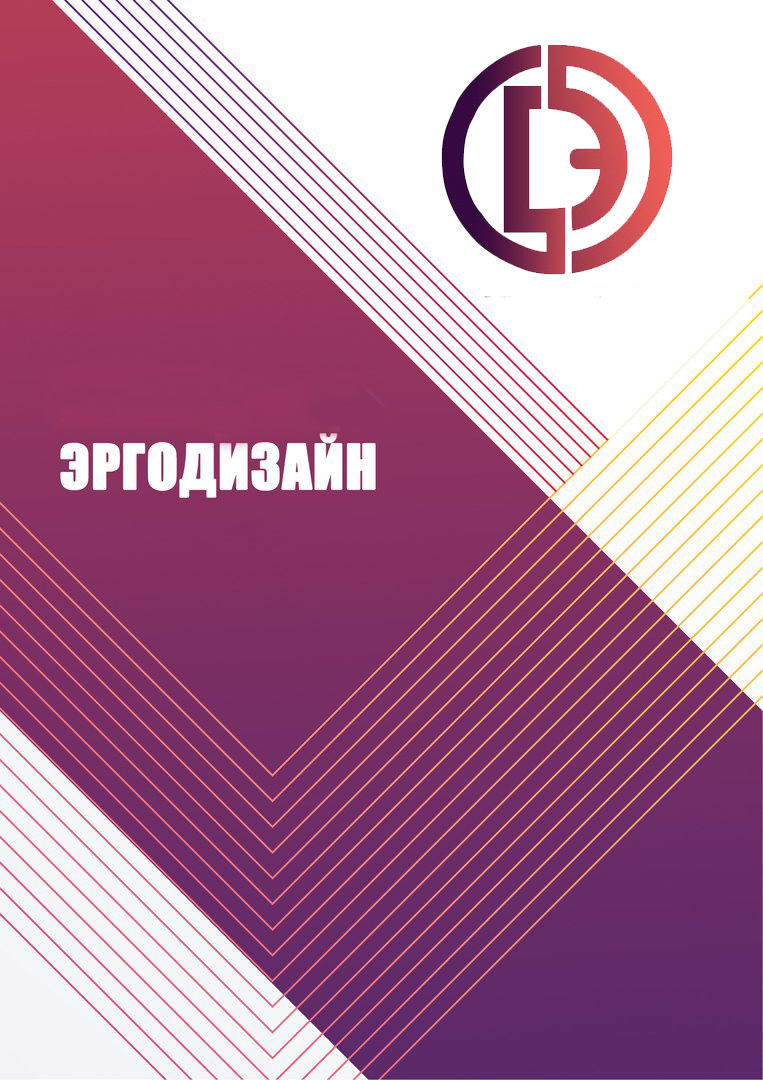Bryansk, Bryansk, Russian Federation
Mechanical engineering as an industry needs modernizing to maintain a sufficient level of competitiveness. The existing education system is not able to fully provide enterprises with qualified staff. This is due to a gap between the level of knowledge obtained in an educational institution and the enterprise real needs. To bridge the gap, more attention should be paid to personnel training and retraining. The article identifies the problems of educating future engineers, proposes an appropriate set of measures providing for a three-level transformation: at the level of government, regions and enterprises; considers a model for training staff of a machine-building enterprise and also suggests building regional training and internship centres. Such centres will make it possible not only to train workers, to conduct internships for students and employees, but also to provide internships for future engineers, to acquaint them with the production specifics. Such internships will ensure young specialists’ consolidation, allow them to interact more effectively with enterprises, and create for them an additional incentive to stay in the region. Furthermore, a favourable image of a machine-building worker, engineer, innovator, and ordinary worker should be formed.
raining for mechanical engineering, engineering education, staff training, training and internship centre
1. Laricheva E.A. Ways of Increasing the Innovative Component at the University Work. In: Sycheva A.V. (eds) Problems of Modern Education at a Technical University. Proceedings of the 5th International Scientific Methodological Conference, October, 26-27. Gomel, STU named after P.O. Sukhoi, 2017. pp. 165-166. ISBN 978-985-535-356-1.
2. Laricheva E.A. The Role of Technical Education in Developing the Country’s Innovative Potential. Proceedings of the 2d Scientific Philosophical Readings “Philosophy in the Context of Modern Social Practices”, March, 25. Bryansk, Philosophical Society, 2014, pp. 133-137. ISBN 978-5-91877-096-2.
3. Mansurov V.A. Russian Engineering Dynasties in the Light of Modernizational Changes. Vestnik rossiyskogo Fonda Fundamental'nykh issledovaniy. Gumanitarnye i obshchest-vennye nauki [Bulletin of the Russian Foundation for Basic Research. Humanities and Social Sciences], 2019, no. 1, pp. 62-75. ISSN 2587-6090. DOI: 10.22204 / 2587-8956-2019-094-01-62-75.
4. Popkov V.N., Spasennikov V.V. Model of Interaction between Universities and Machine-Building Enterprises in the Interests of their Innovative Development. Sotsiologiya obra-zovaniya [Sociology of Education], 2015, no. 3, pp. 36-45. ISSN 1561-2465.
5. SocioDigger. 2020. August, vol. 1, issue 1: Labour and Employment. Available at: https://wciom.ru/fileadmin/file/nauka/podborka/wciom_sociodigger.pdf.
6. Spasennikov V.V. Sociodesign of the Generation Con-tinuity: Theoretical and Experimental Approach. Ergodizayn [Ergodesign], 2021, vol. 1, no. 11, pp. 15-26. eISSN. 2658-4026.
7. Khasanov Sh. R. Formation of Additional Working Competence among Bachelors in Technical Universities. Vestnik Chuvashskogo gosudarstvennogo pedagogicheskogo uni-versiteta im. I.Ya. Yakovleva. [Bulletin of ChSPU named after I. Ya. Yakovlev], 2020, vol. 3, pp. 220-229. ISSN 1680-1709.
8. Eberharter V.V. The Intergenerational Transmission of Occupational Preferences, Segregation, and Wage Inequality - Empirical Evidence from three Countries. SOEP Papers on Multidisciplinary Panel Data Research, 2012, no. 506, 25 p.










